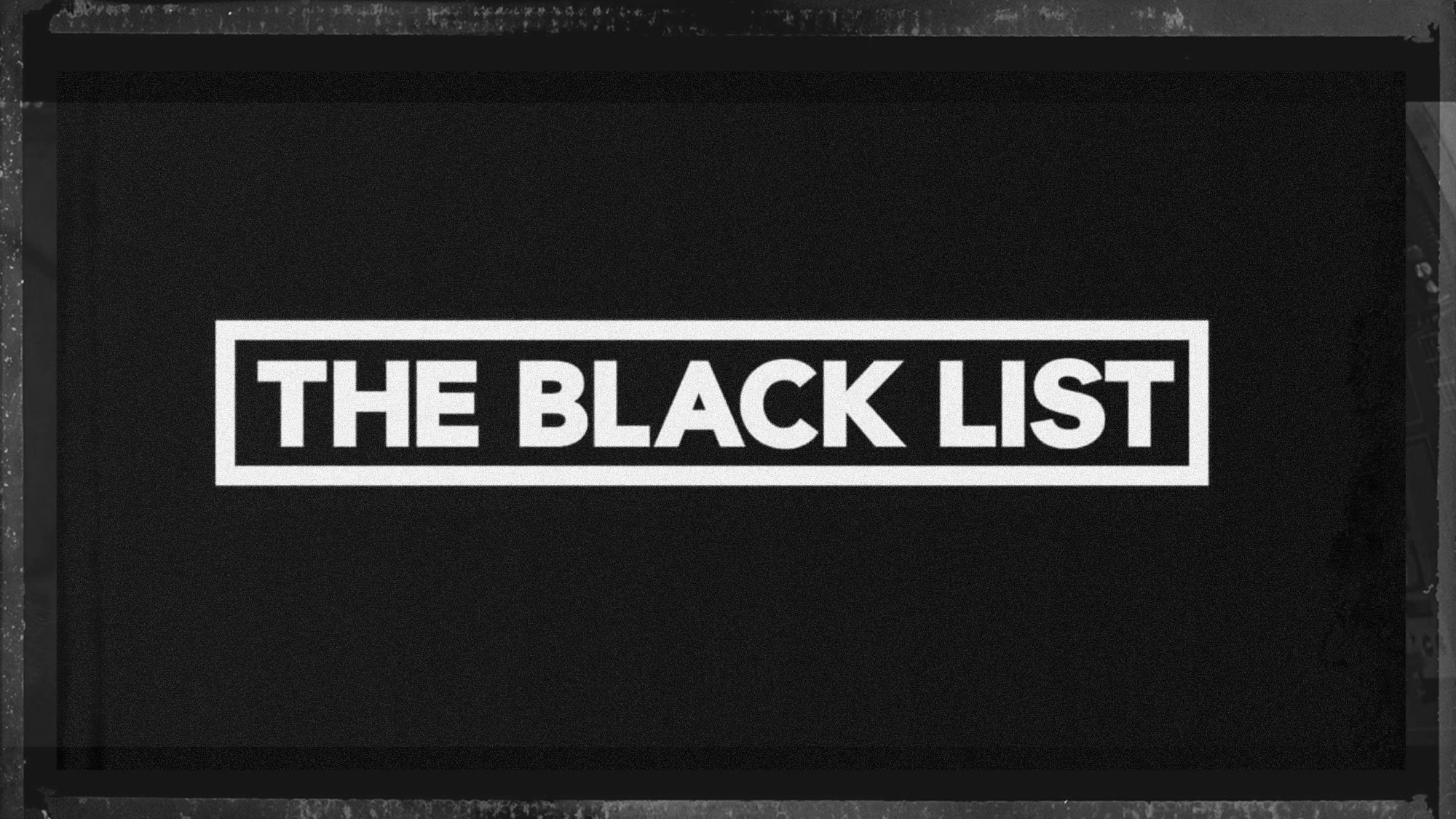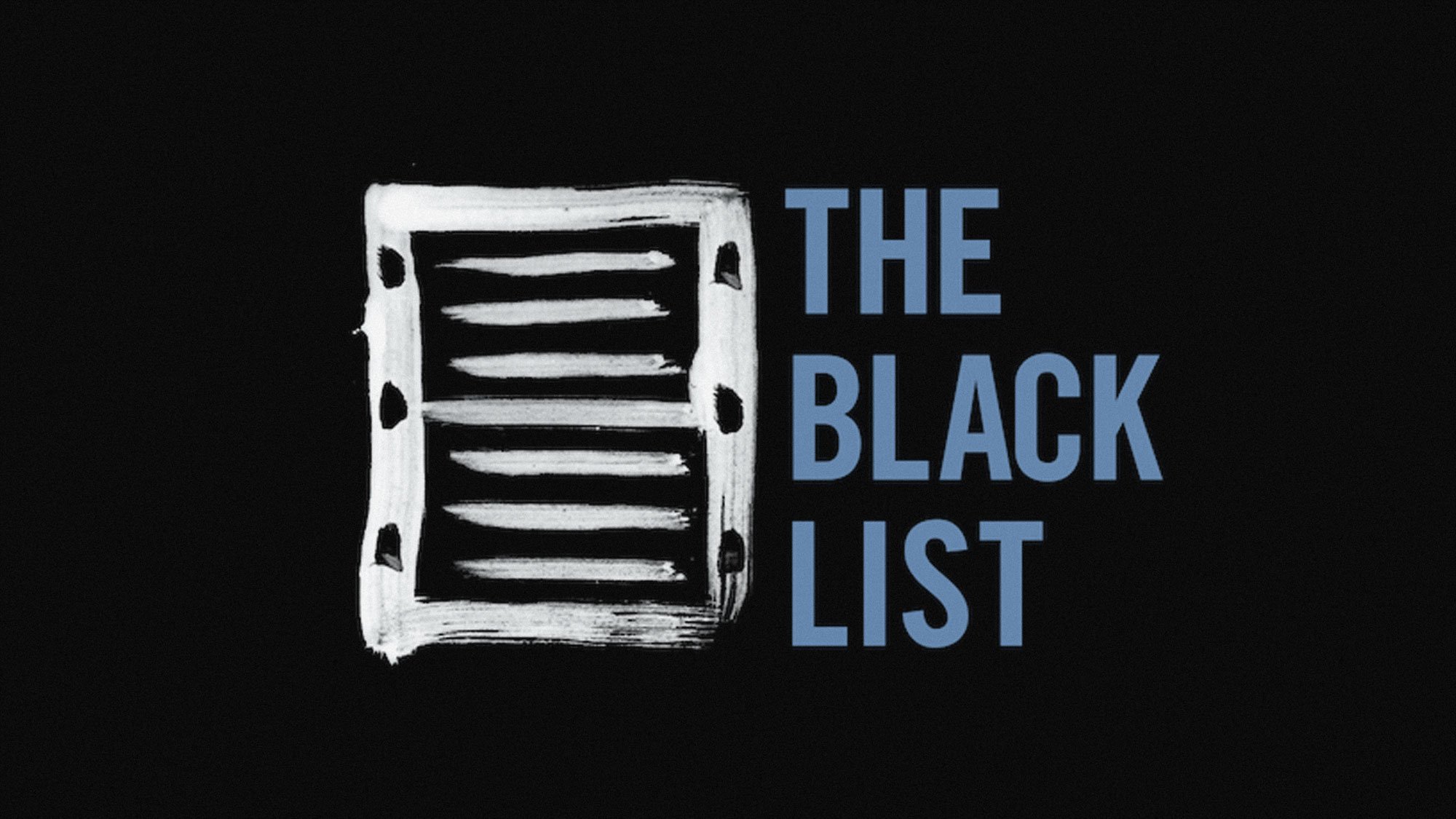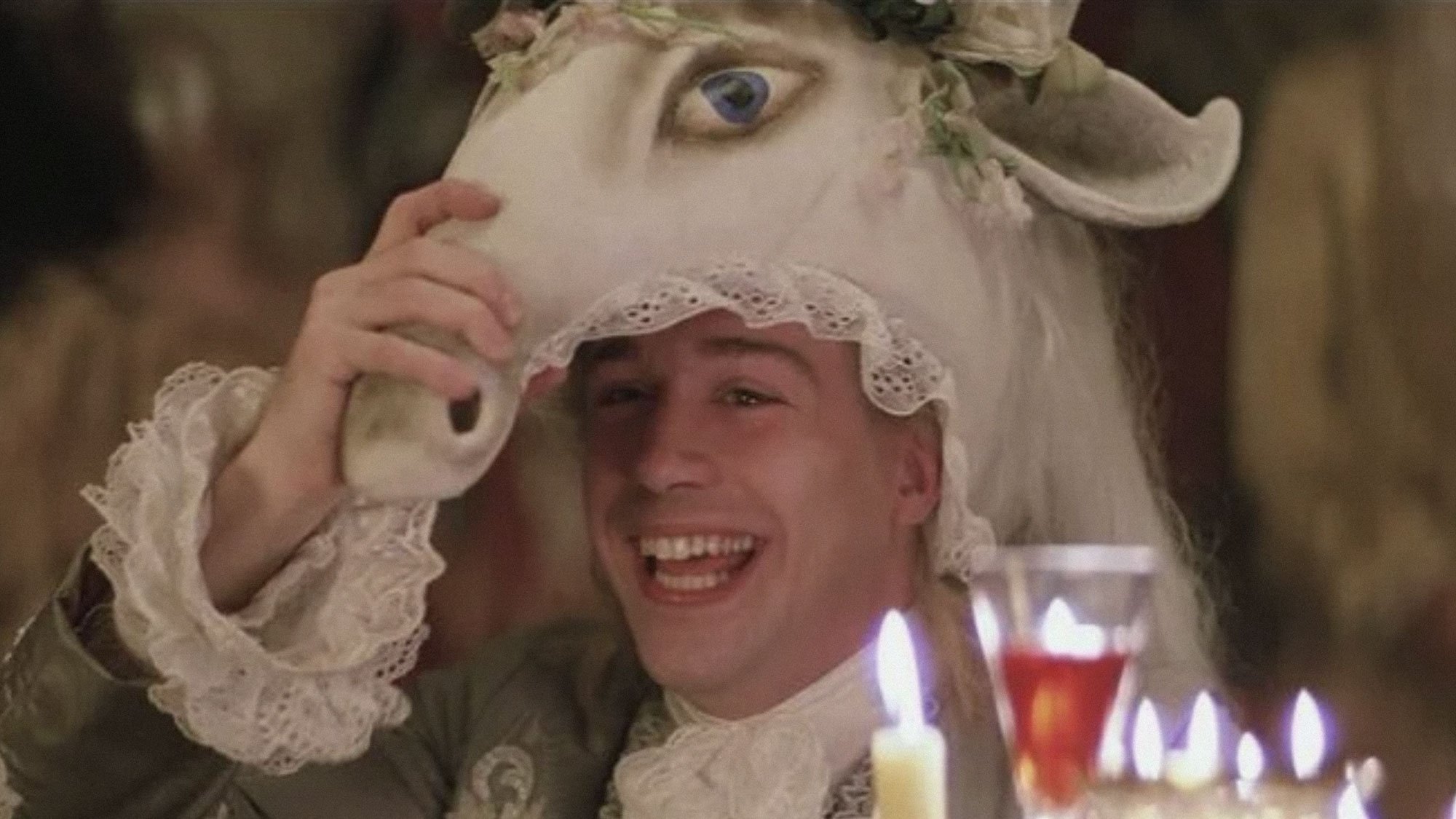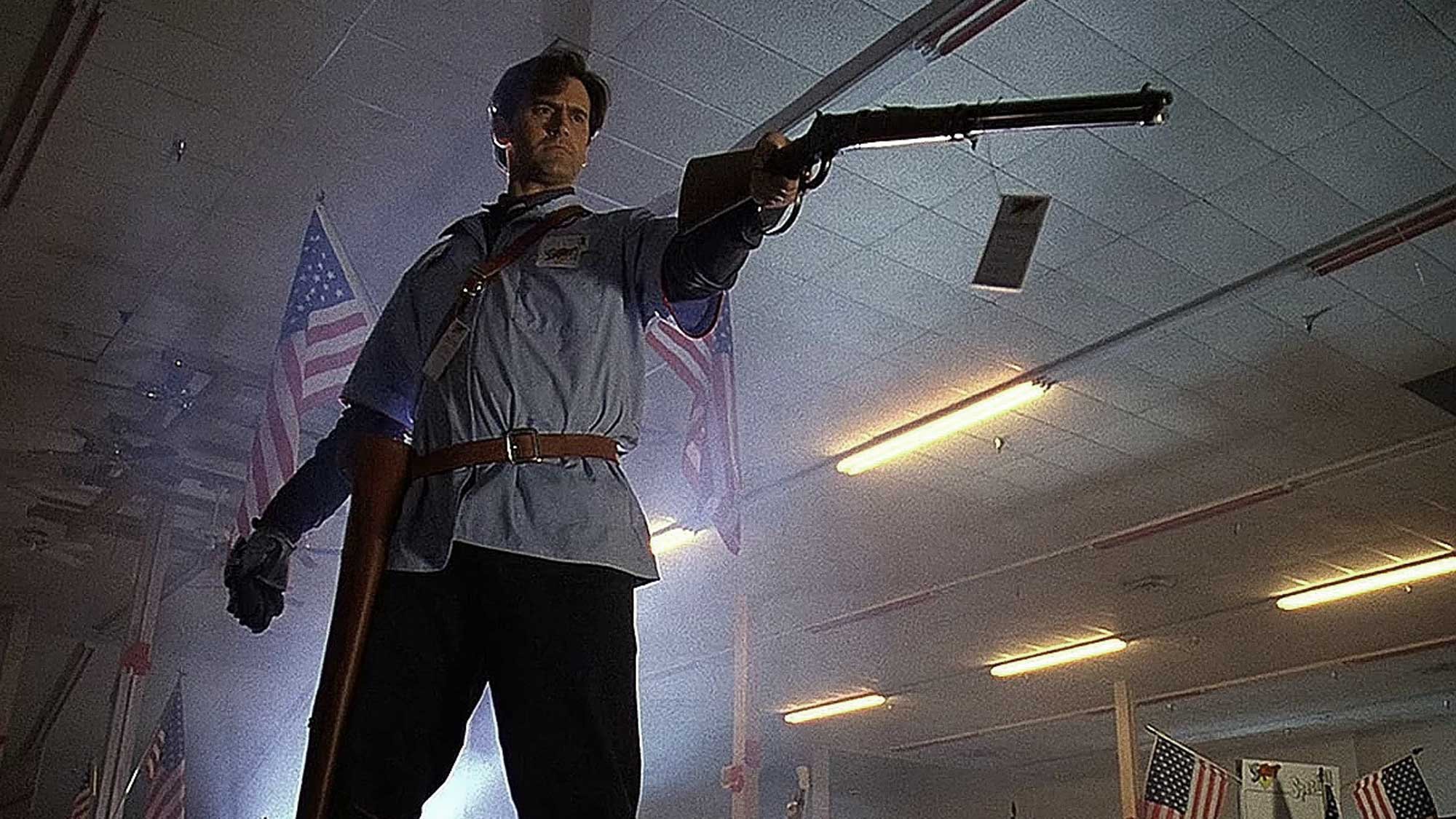What I learned from the top ten Black List scripts
Do you want to write a script that gets made or gets you noticed?
By Mohummad Humza Elahi
Created by Franklin Leonard in 2005, The Black List is an annual compilation of screenplays that are “most liked” by over 370 film executives in Hollywood. These screenplays can sometimes have attachments, be available, optioned, or sold - but all are currently unproduced. Although most writers on the list have representation, there are always a few that make the list without any managers or agents.
So, why the hubbub? Chances are you’re reading this because you’re already writing screenplays, are interested in the craft or just want to see what all the fuss is about. Although lots of lessons can be gleaned from the list itself, from what sells to what topics are “totally hot right now”, the key one is this – The Black List is this year’s benchmark for those looking to break in. That is to say when the annual list is published, it says to the aspiring screenwriters, “This the standard and quality of script getting attention right now. Are you matching it?”
Change is both permanent and inevitable. The standard and quality can vary each year but the fluctuations are impossible to predict. However, the level of craft remains remarkably consistent. So let’s dive into what we can learn from this year’s list.
Get Made vs Get Noticed
Get Made means people want the script. Get Noticed means people want you.
When you pick your next project (or even the project you’re currently working on) understand which of those two buckets it’s going in. From what I’ve seen, if you want to get noticed (which happens with the majority of Black List scripts) you have a much larger creative license, because there’s no way it can get made, primarily due to IP reasons.
The secret sauce of the Get Noticed script
This bucket has a further two buckets to think about – Biopic or High Concept.
Biopic
Pick a subject who was either originally larger than life or incredibly mysterious. I would go with “larger than life”.
Cram as many bats – crazy events – as possible from the person’s life between two key events in the timeline.
Start with a few pages on childhood then quickly move on, we should be in full swing by about page 20.
Play around with chronology to ensure there’s a continuing escalation of events. You don’t have to adhere to any of that because this isn’t getting made, remember? Chop it up until you find a flow that’s the most interesting.
Bleed contemporary references as you go, even if not true. If your biopic happens 100 years ago, you can still make nods to other events before or after. There are fewer rules or restrictions, use that to your advantage. Make it up.
High Concept
It doesn’t have to be that high. Surprise… That doesn’t necessarily mean writing a genre script, but the presentation of the concept probably matters more than anything else. Divorce Party is literally about organizing a party with friends, booze, drugs and dildos. That’s not high concept but the creative choices the writer made disguise that well.
Fully commit to your idea. Do not hold back. Killer Instinct has RPGs being fired from a Lambo, The Rock working for the NSA and cameos by Keanu Reeves, Paul Rudd, Chris Pratt and more. Ultra ends with a monster who feeds on people’s grief and a Russian blood-doping cult. You might groan at that but here’s the thing – readers want to be entertained, and you can do that simply by letting go of your inner PTA and understanding that the goal of the script is to get you noticed. So you can do whatever the hell you like…
The amount of lines dedicated to talking directly to the reader and not focusing on the story is truly astounding.
Write like Shane Black
I’m totally serious. The amount of lines dedicated to talking directly to the reader and not focusing on the story is truly astounding. It goes something like this: BOB (20s insufferable douche) swaggers into the room with the confidence of man who tucks his cock into his sock. Don’t worry though, he gets knocked the f--- out on page 81, so stick around for that.
This works better for action and comedy-type scripts and less so for others. But we’re sitting under “Get Noticed”, so it’s not about being serious.
Mistakes don’t matter as much as you think
But they keep saying they do matter, right? On the first page of In The End, there’s a misuse of “continuous” and incorrect dialogue formatting. It’s also the script I connected the most with emotionally, and in my opinion it should be much higher on the list.
Divorce Party has a gaping logical plot hole so big I almost slammed my face into the screen. The two key leads, Patricia and Amy have a scene where they pour out their hearts to each other and it’s revealed that they’ve not seen or had contact with each other in 20 years. It’s only them two in the scene. The big twist is that the two of them actually concocted a heist to rob Patricia’s ex-husband of all his loot with fake robbers who are their childhood friends. That makes no sense. It’s the #3 script on the list.
Don’t get me wrong, these scripts are by repped writers, so a little bit of flex is given which an unrepped writer will not get. But still, it’s illustrative of what Black List voters actually consider.
If you’re writing a Get Noticed script, then definitely go with “possible”, if Get Made, then “logical”.
Some serious points on craft
All these writers know what they’re doing. But I identified the following takeaways:
One central idea. Do not try to add lots of different plot elements into your script that are not tied to the central idea. You can go “all out” with your ideas, but they have to all tie in together into one “whole film”.
Your voice differentiates you from the pack – more so than the concept you choose. In all likelihood, whatever story you think of has probably been done in some shape or form before. But how you approach it is what will stick out. Be imaginative, we’re writers. Use your voice.
Logical vs possible. Depending on the script you’re writing, you might want to prioritize one over the other. If you’re writing a Get Noticed script, then definitely go with “possible”, if Get Made, then “logical”. What’s the difference? Let’s take Killer Instinct as an example: is it possible that The Rock could be an undercover agent? Sure. Is it logical? Absolutely not. As an additional point on “logical”, I’m talking specifically about the internal logic of the story. In Cauliflower, Volkov passes from one person to the other via the ear or blood, which is a rule that’s adhered to throughout. This is also very much more a Get Made type of script.
Comedy and horror are hard to write. In all honesty, there were top Black List comedy scripts where I didn’t laugh once. What are you gonna do? Getting the mood of horror across the page without the music, lighting, etc., is also damn difficult. The upside is this – if you can write either of these well, I think you can get much further, as evidenced by the prevalence of these genres in the top ten.
Biases and characters. Two points for one here. Firstly, character contradictions do not lend themselves to character complexity. If you have a protagonist who is driven and determined (like in Wait List), it should permeate all parts of their lives before the story forces them to change. Don’t throw in inconsistent character behaviour – this left me as a reader scratching my head more than a few times. Secondly, hide your biases, be they political, religious, etc. and don’t use characters as your mouthpiece. In The Villain, Shkreli is painted as a caricature the entire way through. The reality is far greyer than that. Seeing the character do the same things over and over just got boring. Explore a view less obvious that might challenge the prevailing narrative.
It was an education to read these scripts, and in a couple of cases it was an absolute pleasure. Here’s how I would re-rank the Top Ten scripts of the 2021 Black List:
1. Cauliflower
2. In The End
3. Mercury
4. Mr Benihana
5. The Villain
6. See How They Run
7. Ultra
8. Killer Instinct
9. Wait List
10. Divorce Party
Get killer articles in your inbox.
Subscribe to Screenwriting Intelligence.






